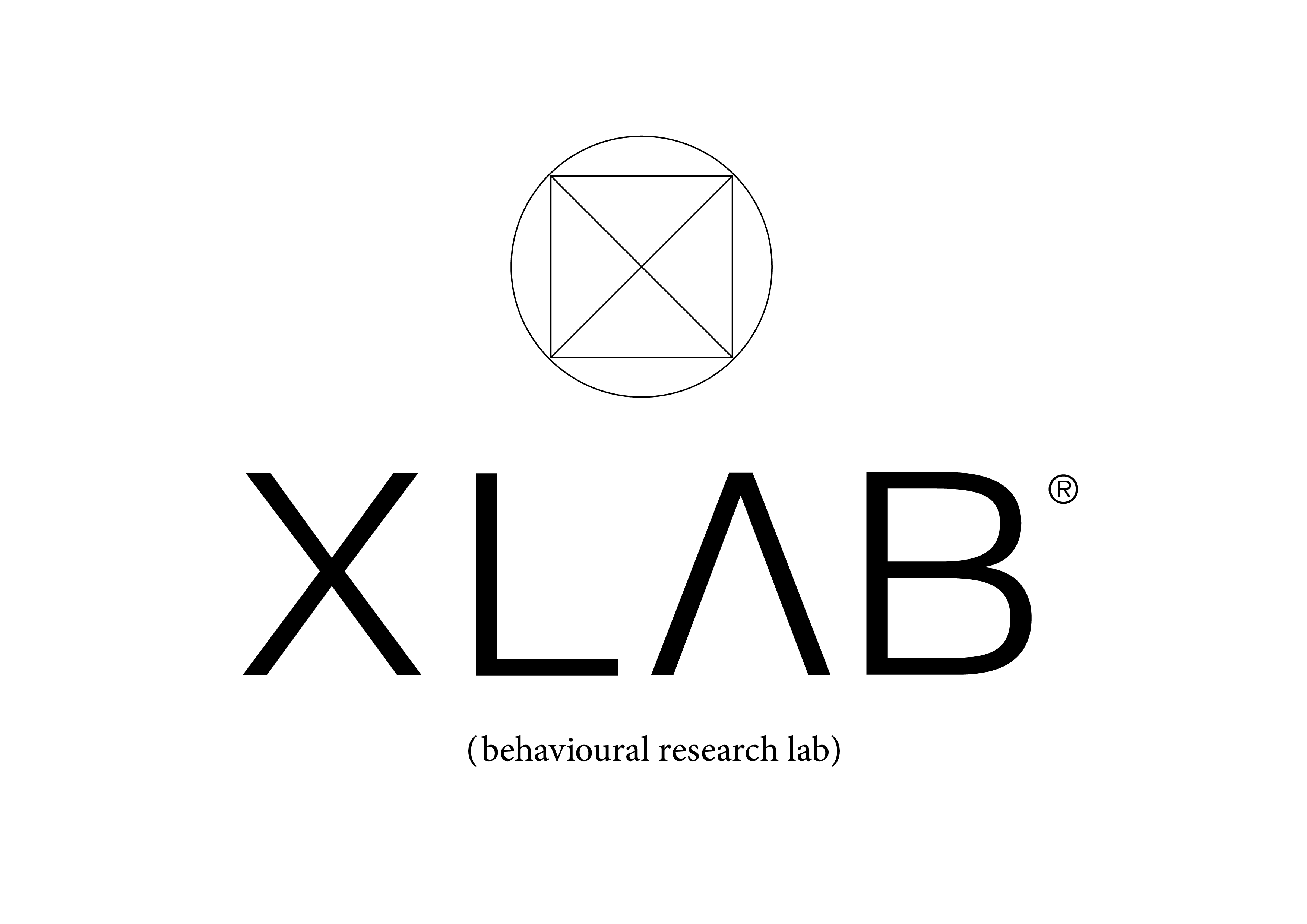About
We are currently witnessing a behavioural turn in many social sciences. Since the 1990’s, a new wave of research has occurred, supported by a methodological concern with causal mechanisms and analytical devices, and by a revamping of the importance of cognitive framing and decisional instruments, and also by a concern for the development of simulation. This was instrumental for the application of experimental methods to evaluate theoretical predictions of social and economic behaviour.
In contrast to traditional empiricism, which relies on observing decisions in natural environments, experimental approaches seek to control causative factors in order to provide better comparison conditions between situations. Human subjects are given a set of rules by which they must conduct themselves and interact with one another (usually through a computer programme), and cash payments based on the outcomes of their choices give them an incentive to behave as they would do in a real-world situation. The behaviour of the subjects is then analysed to assess the effects of these rules on their behaviour. These experiments serve a number of purposes, including:
- Testing (and stress testing) social and economic theories;
- Providing insight into the effects of proposed organisational rules and systems, as well as public policies;
- Facilitating the design of institutions and regulatory agencies, by allowing a direct comparison of alternative institutions in identical environments;
- Teaching concepts to lay audiences by allowing them to actively experience social and economic forces at work;
- Creating new pedagogical tools for university audiences.
Furthermore, the experimental approach complements traditional field studies, in the form of the control that the experimenter exerts over the social order. Furthermore, over the last few years there has been a surge of interest in the use of behavioural tools for the customisation of public policies and the design of services in public administration – which is a significant area of research within CSG.
Bearing in mind that experimental research methodology has gained a significant expression in the number of papers published in prestigious journals, especially on experimental economics, game theory, cognitive psychology and marketing areas, a laboratory facility would facilitate the development of new and significant research in a multidisciplinary centre such as CSG.
This thematic line will be anchored in the recently created XLab, a research infrastructure that will start operating in ISEG in 2019, within the framework of PASSDA, a consortium led by ICS/Universidade de Lisboa, with the objective to produce and archive social science data. It is expected that CSG and other ISEG researchers will rank among the top users of the XLab, which is planned to develop into a hub for research and collaboration in areas ranging from Economics and Sociology to Psychology, Marketing, Strategic Planning and Financial Behaviour.
XLAB – Behavioural Research Lab
 +iNFO
+iNFO

